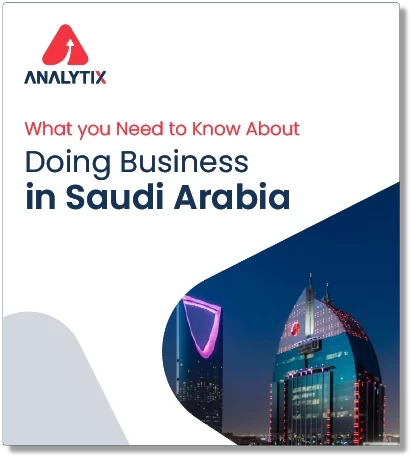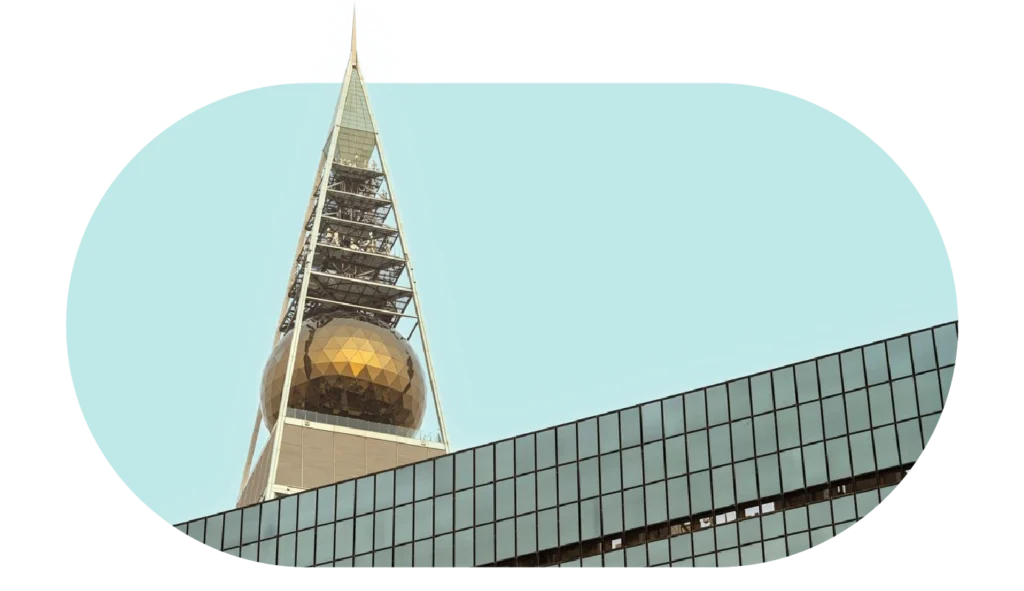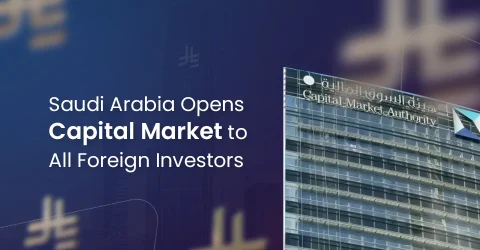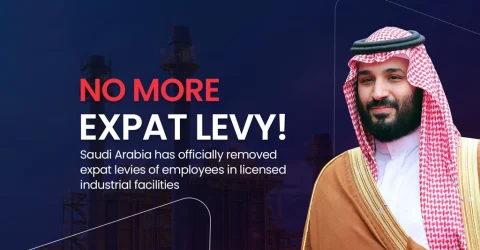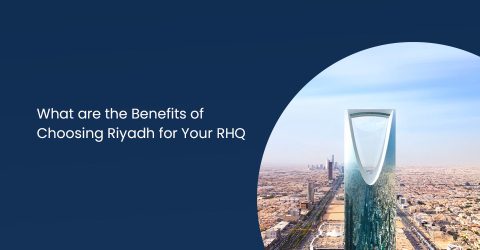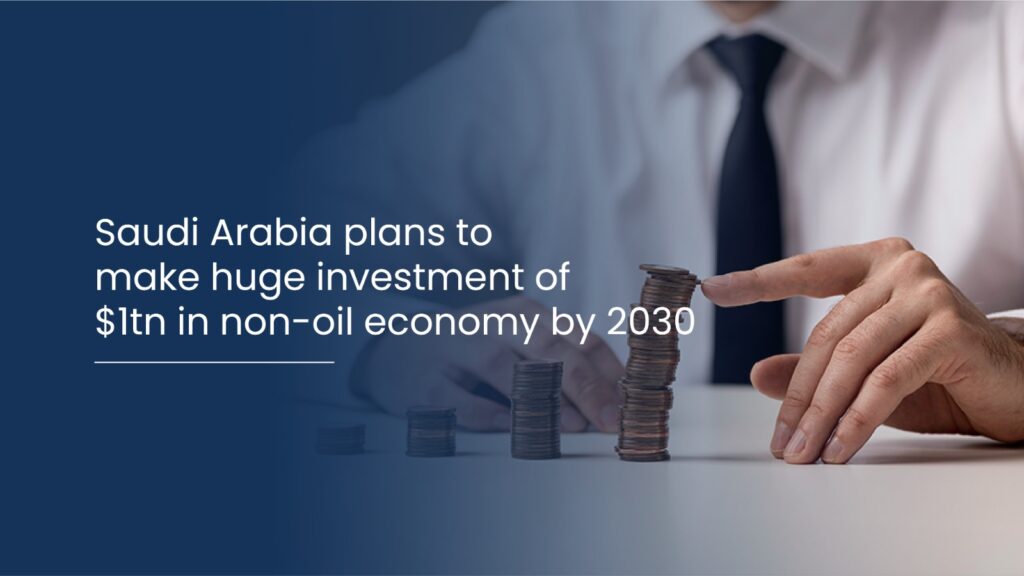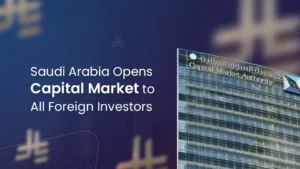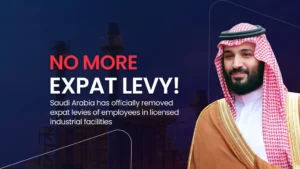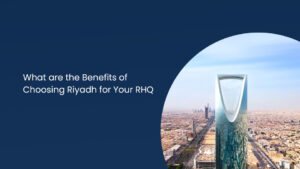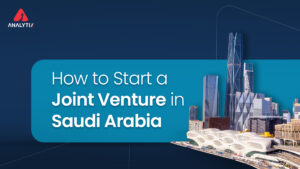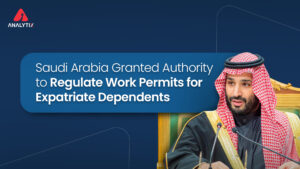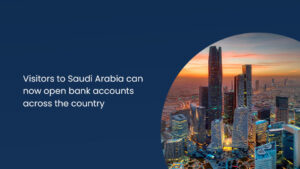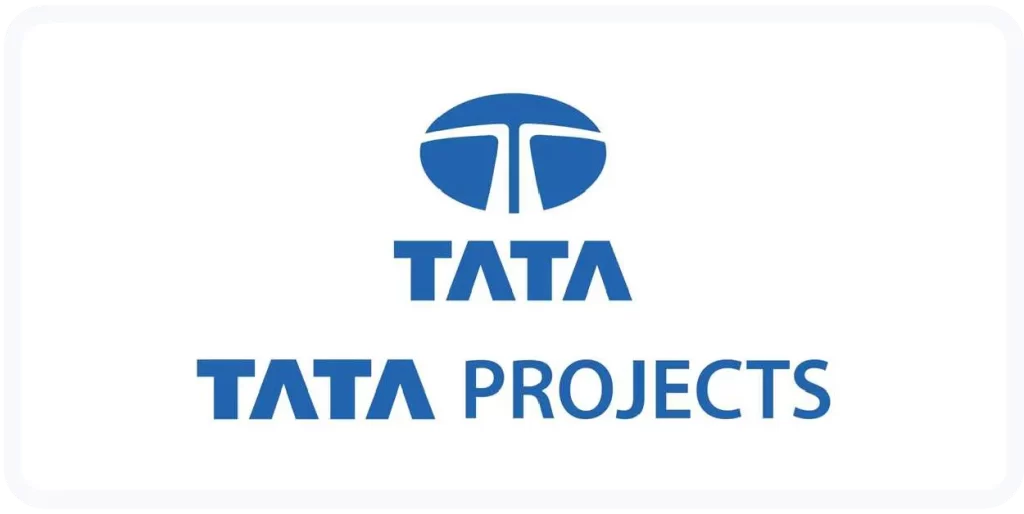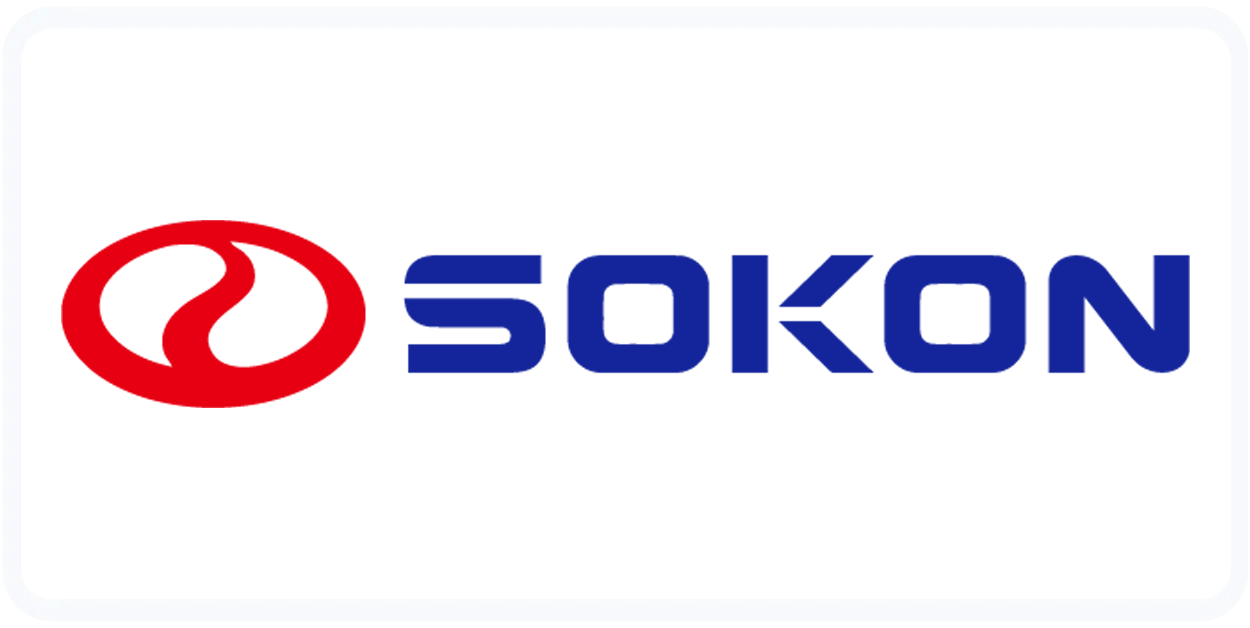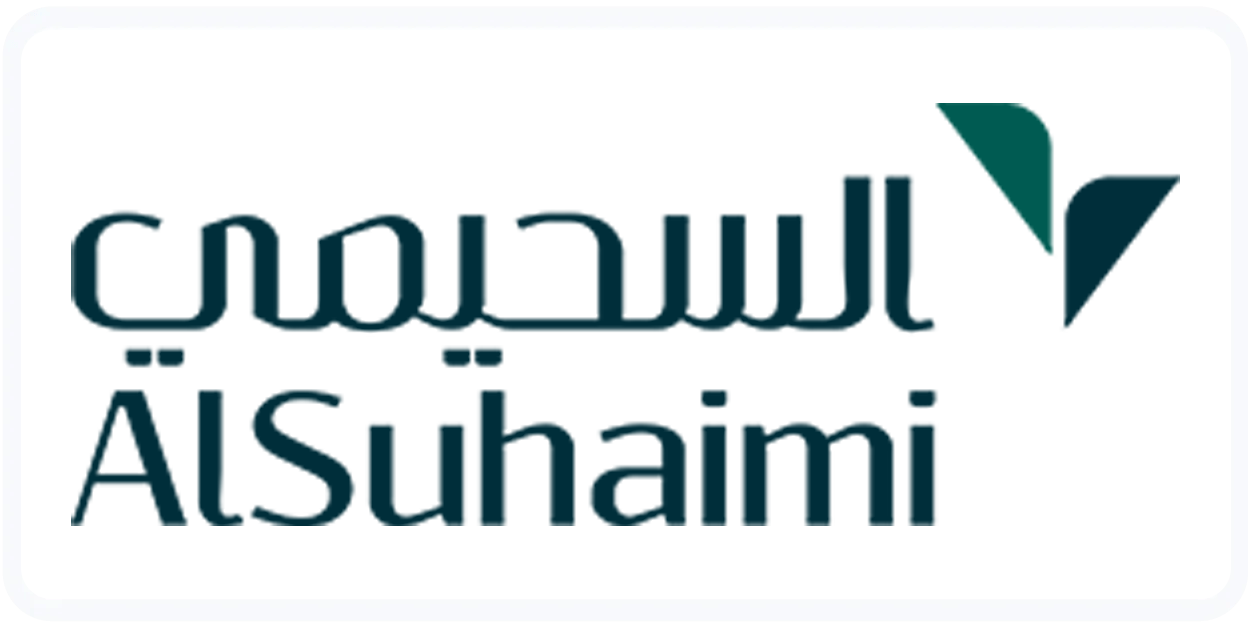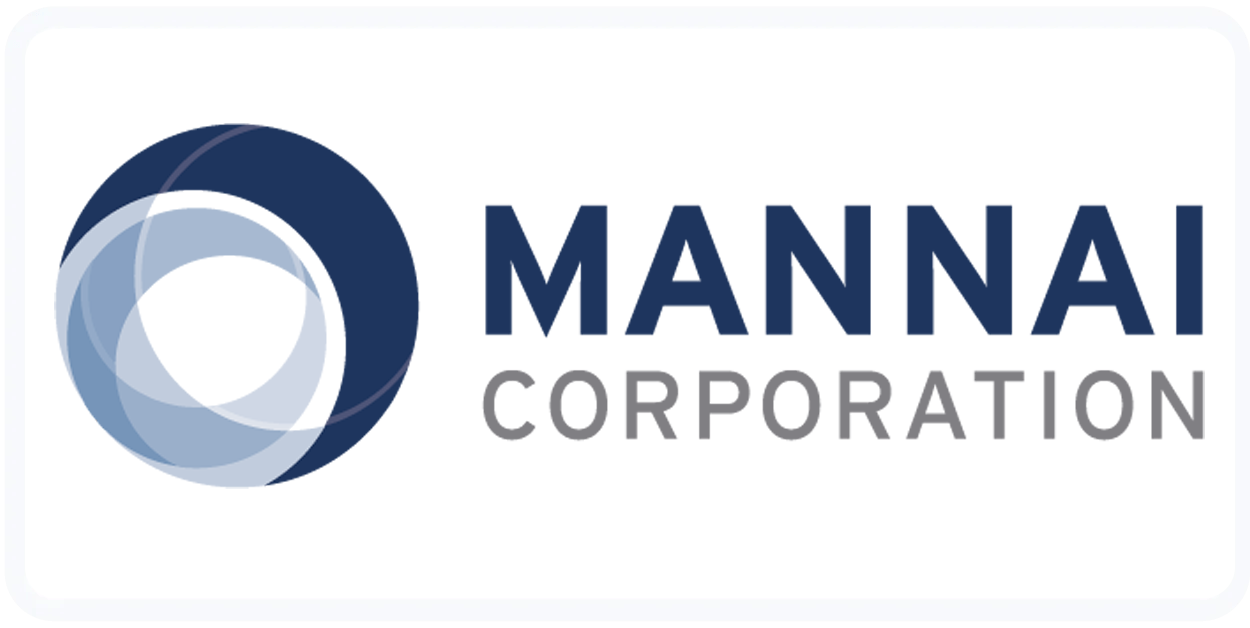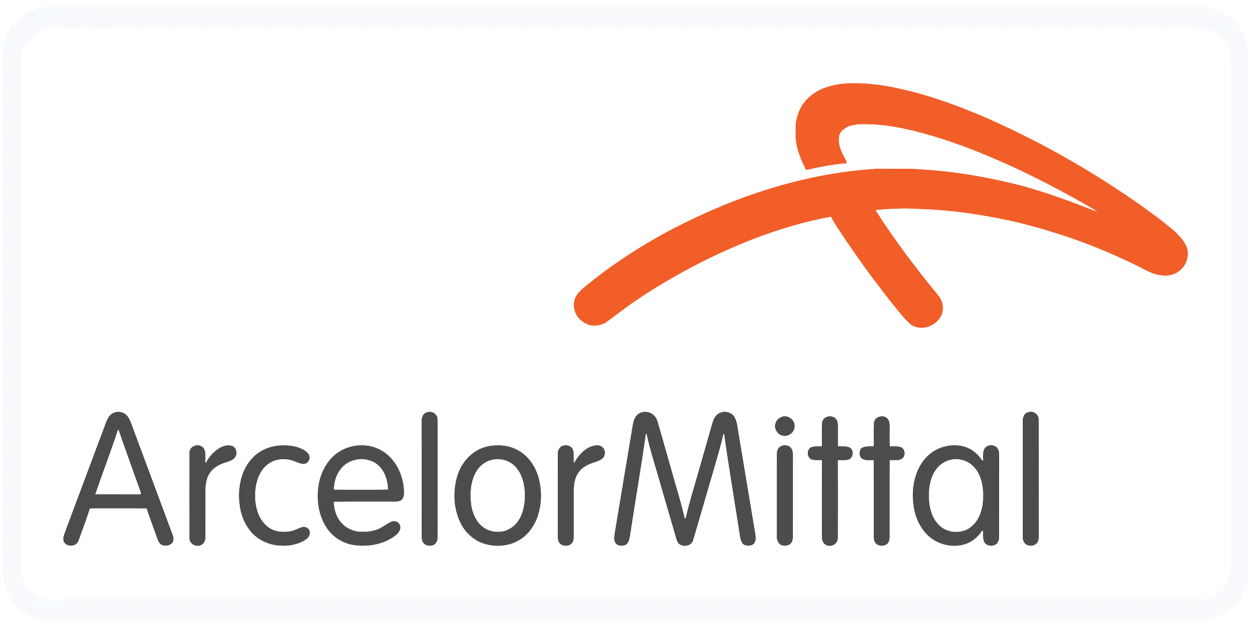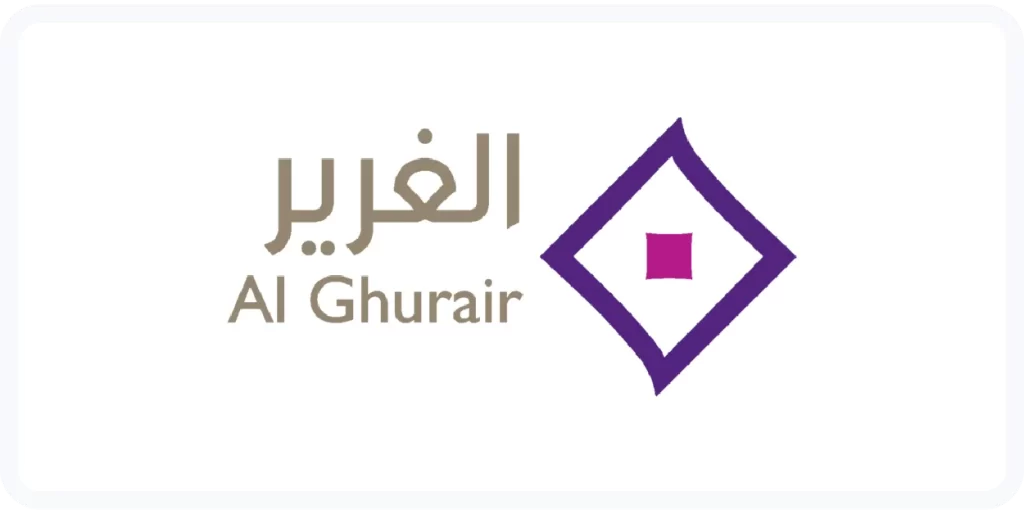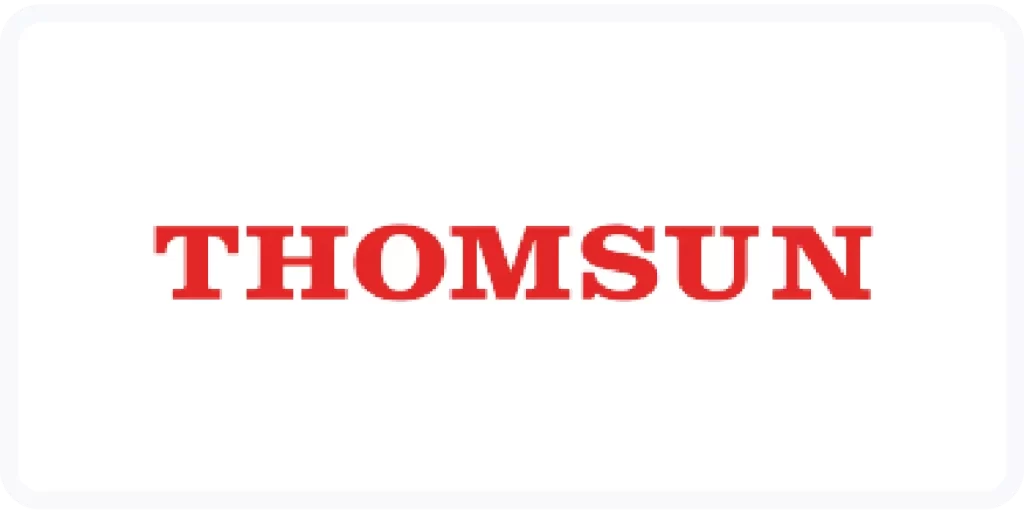As a part of the ambitious Vision 2030, Saudi Arabia plans to invest $1 trillion in its non-oil economy, which really seems to be shifting this nation from oil-based income model. This development plan is expected to usher in a new era of the economic structure of the Kingdom and will open up vast opportunities for foreign investors in sectors like renewable energy, mining, transportation & logistics and technology. The focus is to speak for the growth of other sectors and build a more sustainable economic environment, so that the economy will not solely depend on oil. This initiative also provides numerous opportunities for business setup in Saudi Arabia as different sectors evolve in the kingdom with state support and investment. The kingdom’s plan to spend on non-oil sectors is part of what analysts have labeled a “capex super-cycle” according to which non-oil sectors will account for 73% of the total spending. However, from a recent report by the Goldman Sachs, this large amount of capital expenditure is a deliberate move fuelled both by global trends and internal structural changes for in the Kingdom of Saudi Arabia.
Certain industries have been named as probable causes of this capex super-cycle. A few of the identified industries are clean energy, mining and transportation and logistics. The investments are geared towards creating the Kingdom of Saudi Arabia as a center of those industries given that potential investors making business entry into the kingdom are offered numerous incentives for business setup in Saudi Arabia. Out of the sectors, clean energy is likely to benefit most from the Saudi Arabian new investment strategy. The Kingdom wants to spend an astonishing $235 billion on this sector by 2030, which is up from an initial estimate of $148 billion. The upturn signifies Saudi Arabia’s determination to ramp up energy sobriety goals which have shifted from 58.7 GW to 100-130 GW of clean power generation capacity by 2030.
This capital increase will go directly to the capitalization of solar and wind energy projects. By mid-2024, it has about 11GW of solar photovoltaic in pipeline and another 16.7GW of solar and wind power under development plans. As mentioned in the previous sections, these actions are being taken with a view to fulfilling the Saudi Arabian domestic energy requirements as well as showcasing the country as a major international renewable energy player. This sector is suitable and prospective to companies who are looking forward to business setup in Saudi Arabia as the country emerges as a global renewable energy hub.
Another sector for which the Kingdom has big investment plans is mining. Unexplored mineral wealth remains a key feature of Saudi Arabia and the government is actually eager to exploit this potential. Thirty plus mining exploration licenses are likely to be awarded in the year, encompassing a huge $182 billion in mineral exploration incentive program. Saudi Arabia is trying to bring mining industry as one of the key pillars of its diversification strategy. The Kingdom also seeks to become one of the leading global mining destinations where valuable minerals including gold, phosphate and bauxite will be mined. In the same view, the government of is keen not only in the provision of attractive ground for foreign investors but also with the provision employment opportunities and strengthening of local economy. Currently, those companies willing to invest in this particular sector will find business setup in Saudi Arabia much easier because of the policies in its favor.
Apart from renewable energy and mining, transportation and logistics are among major focus areas of Saudi Arabia’s non-oil investment policies. The Kingdom has identified the need to transform the Kingdom’s aviation, transport and logistics industry and become a logistics hub to the world. There are a number of mega projects including airport, ports and transport systems that will feed the growing tourism industry and enhance kingdom’s position as a regional trade hub.
This is in line with a broader strategy of developing the Kingdom as a key logistics hub for international trade, in addition to the strategy to attract foreign firms to invest in the Kingdom. It also enhances the logistics and existing financial strength of the government while realizing its vision of making the kingdom a tourism destination to boost the economy. If it were to do with logistics, tourism and infrastructure, the opportunity for business setup in Saudi Arabia has never been more appealing.
Of the issues that Saudi Arabia has to contend with, one of these is the matter of finance for these huge investments, particularly with the possibility of the Saudi’s budget deficit expanding. Goldman Sachs estimates that Saudi Arabia’s budget deficit will rise to 4.3% of GDP in the current year from 2% in the previous year mainly because of higher spending and lower oil revenues.
In order to fill this gap, Saudi Arabia has turned to non-conventional funding models, and one of such traditional methods is a bank loan which has become scarce primarily due to lack of liquidity in the region’s banking systems. Instead, the Kingdom is considering other funding sources such as, public-private partnering, sovereign wealth fund investment and foreign direct investment (FDI). This opens an important opportunity that can allow international companies to join the Saudi government in many areas of the Kingdom, so the business setup in Saudi Arabia becomes fairly reasonable and even more profitable.
Saudi Arabia’s $1 trillion investment in its non-oil economy is a big news for foreign companies. The sectors of interest are clean energy, mining, logistics, and tourism where foreign know-how, innovation, and capital are valued. The Saudi Arabia’s effort to lessen its dependence on oil relates with the government’s agenda of establishing a more friendly business climate, with specific procedures for foreign Investors seeking to do business in the Kingdom of Saudi Arabia.
The Saudi Arabian government has initiated several policies that enhance foreign direct investment and facilitate business setup in Saudi Arabia. These include special economic zones, providing beneficiaries with simplified tax legislation and minimizing bureaucratic procedures, as well as the creation of the Ministry of Investment of Saudi Arabia (MISA) to help investors enter the market and develop their business.
Businesses involving in clean energy and mining, logistics, tourism, etc., are opening up the opportunities for business setup in Saudi Arabia exponentially. As the governments show a definite bent towards diversification of their economy blessed with abundant financial strength and conducive business climate, KSA assure the potentiality of emerging as one of the most favored hotspots for investors as well as firms companies across the globe.
Ready to set up your dream business In KSA?
Saudi Arabia is on the process of becoming a worldwide business destination of the government is keen on inviting foreign investment and business through Vision 2030s. The non-oil economy is on an upward trajectory which can be deemed as great news for any company operating in the spheres of renewable power production, mining, transportation, and tourism industries. For any aspiring investor or entrepreneur and corporate entities, this can be right time for business entities to begin their business in the Kingdom and this is where Analytix steps in.
Analytix is here to support you as your on-ground partner to enter and to thrive in the business environment of Saudi Arabia that is constantly evolving. Analytix is a top business and management consultancy firm that aims at helping businesses to begin, sustain, and expand operations in Saudi Arabia. With our dedicated team, you don’t have to worry about your business entry to the kingdom.
Having more than a decade of experience in the business landscape of Saudi Arabia, we offer more than incorporation services such as accounting and bookkeeping, tax and auditing, GRO, PRO, and all other necessary support to manage and grow your business in Saudi Arabia.
